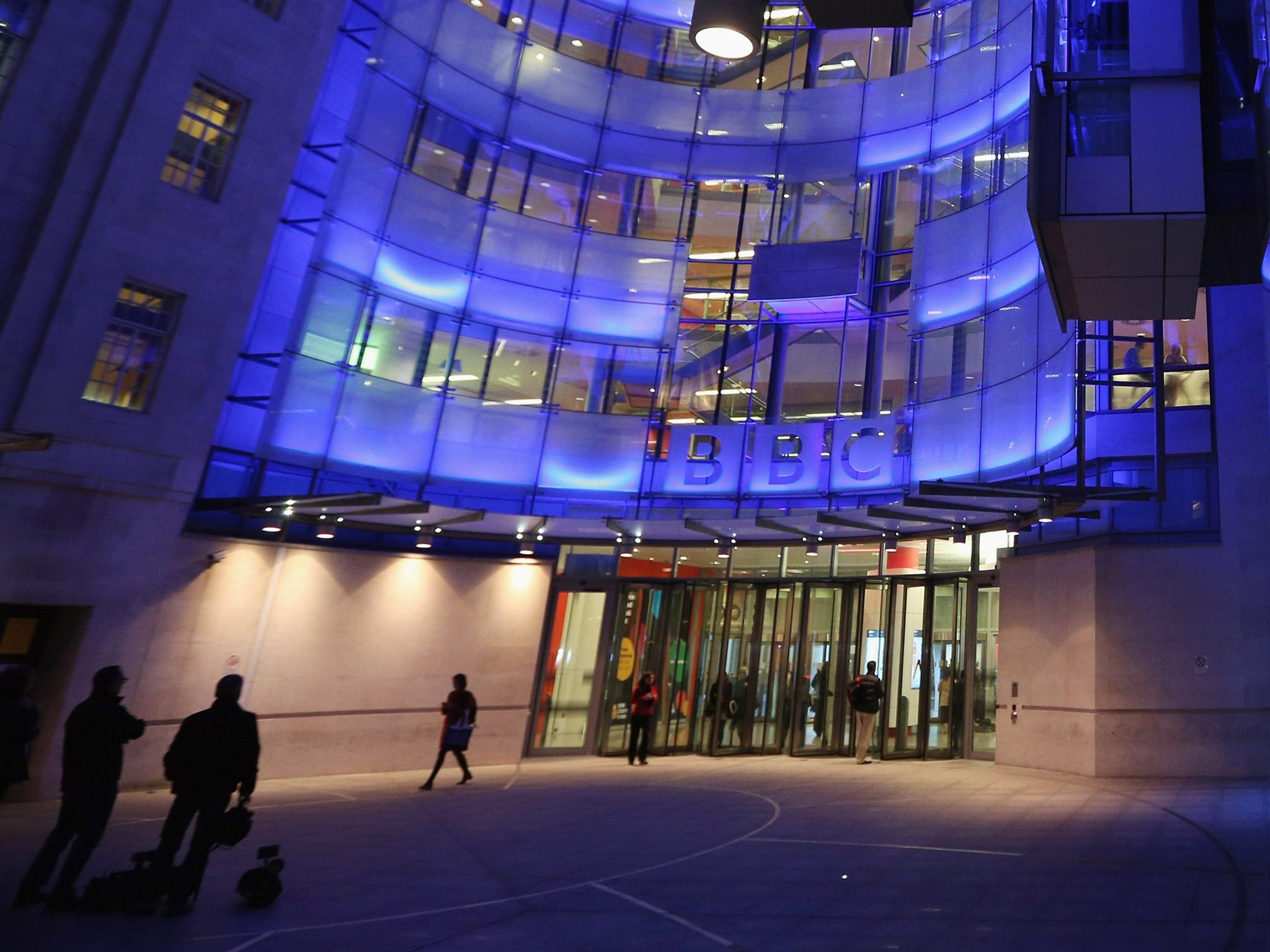Whittingdale fails to understand what the BBC means to the public
Above all it is in that bond of trust between public and broadcaster that the BBC’s true distinctiveness lies

In recent weeks, as John Whittingdale prepared his white paper on the BBC’s charter renewal, the corporation’s supporters and defenders have been out in force. It has been made abundantly clear to the secretary of state that attempts to reduce the Beeb’s influence, brilliance and independence would be fiercely opposed. The Independent’s voice has been among those reminding the government that the BBC is not a thing to be unduly meddled with.
Perhaps these efforts help to explain why the white paper, when it was finally published, did not contain some of the more extreme measures on which speculation had focused. The license fee will not be ‘top-sliced’ after all, for instance, and high-earning stars won’t have to reveal precise details of their remuneration packages.
Still, the proposals contained in the white paper are not without significance. In particular, Whittingdale has sought to reposition the BBC’s core purpose – with a greater focus on providing ‘distinctive’ programming. He has been keen to emphasise that he is “emphatically not saying the BBC should not be popular” – though that in itself is not quite the same thing as “saying emphatically the BBC should be popular”. Moreover, while the idea of the Beeb being distinctive sounds reasonable enough, to suggest it is something new highlights the degree to which the secretary of state and others in government fail really to understand what the corporation means to the British public.
Whittingdale illustrated his point by saying that commissioning editors should ask of new programming whether it is “sufficiently innovative and high quality”. Yet by placing innovation first, he has shown his hand – what he wants is for the BBC to avoid showcasing what might be called ‘derivative’ programmes. Shows such as The Great British Bake Off, Strictly Come Dancing and The Voice might in theory all fall under such a catch-all description. Yet the point about all of those programmes is that they turned out in a particular way precisely because the Beeb was their backer. They took on the distinctive values of the BBC – it is this which Whittingdale seems incapable of seeing.
The other most notable aspect of the white paper is the proposal it makes vis-à-vis the BBC’s regulation and oversight. It comes as no surprise that the BBC Trust is to be disbanded and few have argued for its retention. The blurring of its regulatory function and its corporate governance role had been criticised even by its current chair, Rona Fairhead, and had been underlined by recent scandals, including the Jimmy Savile affair. Ofcom already regulates the rest of the broadcast arena – including some elements of BBC activity – so it makes sense for it to take on additional responsibility for monitoring BBC standards and handling complaints regarding output.
Plans for a unitary board to replace the Trust and to be responsible for the BBC’s governance will cause division because of the government’s role in appointing around half its members. It will be vital, should the proposals be passed, that appointment processes are transparent and effective: whoever finds themselves on the board will be under close scrutiny and will have to go out of their way to prove their independence from government.
The disbandment of the Trust speaks to the government’s primary motive in all this – or at least the primary motive it would admit to: increased transparency. In this endeavour at least, Whittingdale is right to act. The opaque way in which executive pay-offs were handled in the recent past shone a light on the need for change. By requiring that stars paid over £450,000 a year be named, if not shamed, the white paper responds to one of the few gripes that members of the public might have about the BBC – that it isn’t always clear where the licence fee goes.
Retaining the licence fee as the primary means of funding the BBC is sensible, though Whittingdale may be correct to suppose that rapid changes to the broader media landscape may make it less tenable in years to come. For now though, most people are content to pay up – and the closure of the loophole which previously allowed iPlayer-only viewers to avoid the fee is entirely appropriate in that context.
In one further area too there is merit to the white paper’s proposals – and that is where it demands more programming for groups currently ‘under-served’ by the BBC’s output. There is a chance here for particular innovation, although niche programming must not come at the expense of broader appeal.
After all, it is ultimately the quality of so much BBC content that ensures it retains the public’s support and trust. And perhaps above all it is in that bond of trust between public and broadcaster that the BBC’s true distinctiveness lies. No wonder some politicians struggle to see it: bonds and trusts to them mean something entirely different.

Join our commenting forum
Join thought-provoking conversations, follow other Independent readers and see their replies